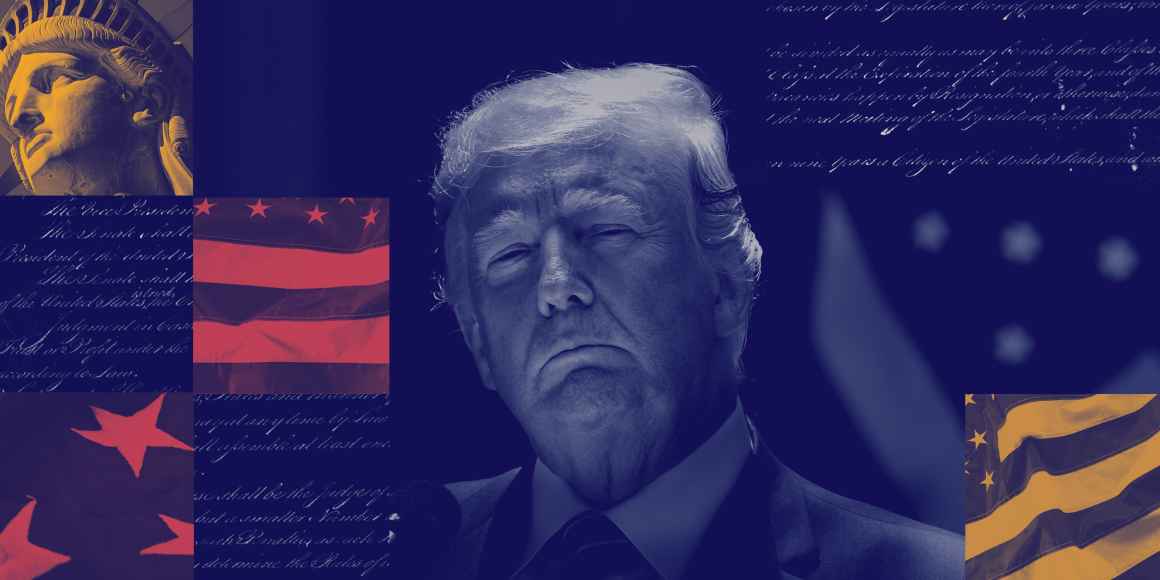Fighting Cuts to Voting Access
League of Women Voters Education Fund v. Trump
On March 25, 2025, in a sweeping and unprecedented Executive Order, President Trump attempted to usurp the power to regulate federal elections from Congress and the States. Among other things, the Executive Order directs the Election Assistance Commission—an agency that Congress specifically established to be bipartisan and independent—to require voters to show a passport or other citizenship documentation in order to register to vote in federal elections. If implemented, the Executive Order would threaten the ability of millions of eligible Americans to register and vote and upend the administration of federal elections.
On behalf of leading voter registration organizations and advocacy organizations, the Ířşě±¬ÁĎ and co-counsel filed a lawsuit to block the Executive Order as an unconstitutional power grab.
Status: Ongoing
View Case
Learn Ířşě±¬ÁĎ Fighting Cuts to Voting Access
Featured
Georgia Supreme Court
Jun 2025

Fighting Cuts to Voting Access
Eternal Vigilance Action, Inc. v. Georgia
The Ířşě±¬ÁĎ and partner organizations intervened in this case to represent the rights of voters and voting-rights organizations in a case challenging a number of rules passed by the Georgia State Election Board. We challenged the rule requiring that the number of votes cast be hand counted at the polling place prior to the tabulation of votes. In a critical victory for Georgia voters, in June 2025, the Georgia Supreme Court upheld a lower court’s decision permanently blocking the rule requiring hand counting of ballots at polling places before tabulation — a process widely criticized for risking delays, ballot spoliation, and voter disenfranchisement.
All Cases
28 Fighting Cuts to Voting Access Cases
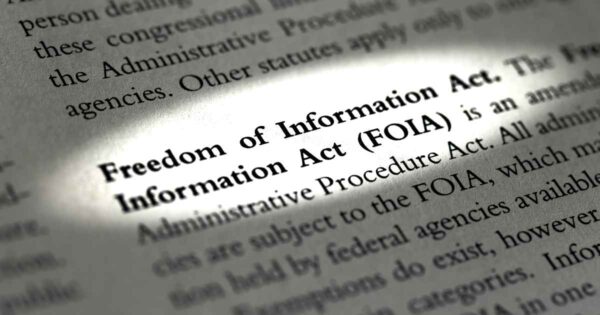
Washington, D.C.
Aug 2025
Fighting Cuts to Voting Access
Bower v. Social Security Administration
Representing itself and two journalists from Lawfare, the Ířşě±¬ÁĎ brought a lawsuit to enforce Freedom of Information Act (FOIA) requests made to the Social Security Administration and U.S. Citizenship and Immigration Services regarding changes made to the SAVE program, which has been touted as being used by states in order to remove voters from the registration rolls. While the government made public statements about the SAVE program being updated, the details of those changes, such as the particular programs and databases that have been altered, the ways they have been altered, and the nature and extent of any use and sharing of individuals’ personal information by the federal agencies entrusted with that information, have all been kept secret.
Explore case
Washington, D.C.
Aug 2025

Fighting Cuts to Voting Access
Bower v. Social Security Administration
Representing itself and two journalists from Lawfare, the Ířşě±¬ÁĎ brought a lawsuit to enforce Freedom of Information Act (FOIA) requests made to the Social Security Administration and U.S. Citizenship and Immigration Services regarding changes made to the SAVE program, which has been touted as being used by states in order to remove voters from the registration rolls. While the government made public statements about the SAVE program being updated, the details of those changes, such as the particular programs and databases that have been altered, the ways they have been altered, and the nature and extent of any use and sharing of individuals’ personal information by the federal agencies entrusted with that information, have all been kept secret.

Alaska
Jul 2025
Fighting Cuts to Voting Access
Racial Justice
Smith v. State of Alaska (Amicus)
The Ířşě±¬ÁĎ and Ířşě±¬ÁĎ of Alaska have filed an amicus in support of Tupe Smith, a woman born in American Samoa who now lives in Whittier, Alaska charged with falsely affirming that she was a U.S. citizen when she registered to vote. But Tupe Smith is not an “alien” under the law. People, like her, born in the U.S. territory of American Samoa are the only remaining individuals recognized as “non-citizen U.S. nationals,” a unique status that falls short of “citizen” but nonetheless recognizes that American Samoa has been part of the United States for over 125 years.
All evidence indicates that Ms. Smith believed that, as a non-citizen U.S. national, she was eligible to vote in local elections when she registered to vote. In fact, local election officials encouraged her to check the box labeled "U.S. citizen" when she registered, given the fact that there was no option for "U.S. national."
Our amicus brief urges Alaska’s Court of Appeals to dismiss Tupe Smith’s indictment because of well-settled principles that election-crime statutes should be construed to avoid punishing innocent mistakes. Separately, we warn that upholding a different view of the law would make Alaska an outlier among the states.
Explore case
Alaska
Jul 2025

Fighting Cuts to Voting Access
Racial Justice
Smith v. State of Alaska (Amicus)
The Ířşě±¬ÁĎ and Ířşě±¬ÁĎ of Alaska have filed an amicus in support of Tupe Smith, a woman born in American Samoa who now lives in Whittier, Alaska charged with falsely affirming that she was a U.S. citizen when she registered to vote. But Tupe Smith is not an “alien” under the law. People, like her, born in the U.S. territory of American Samoa are the only remaining individuals recognized as “non-citizen U.S. nationals,” a unique status that falls short of “citizen” but nonetheless recognizes that American Samoa has been part of the United States for over 125 years.
All evidence indicates that Ms. Smith believed that, as a non-citizen U.S. national, she was eligible to vote in local elections when she registered to vote. In fact, local election officials encouraged her to check the box labeled "U.S. citizen" when she registered, given the fact that there was no option for "U.S. national."
Our amicus brief urges Alaska’s Court of Appeals to dismiss Tupe Smith’s indictment because of well-settled principles that election-crime statutes should be construed to avoid punishing innocent mistakes. Separately, we warn that upholding a different view of the law would make Alaska an outlier among the states.
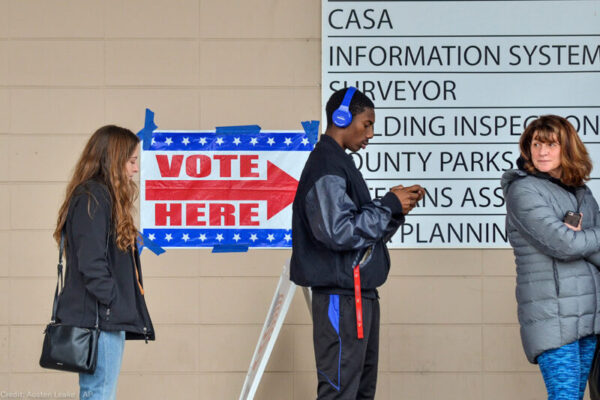
New Hampshire
Jul 2025
Fighting Cuts to Voting Access
Coalition for Open Democracy v. Scanlan
This lawsuit challenges HB 1569, a new law that will make New Hampshire the only state to require every person to produce documentary proof of citizenship when they register to vote for both state and federal elections. It also challenges HB 1569’s elimination a preexisting protection for voters—namely, an affidavit option that allowed voters who faced surprise challenges to their eligibility at the polls to swear to their qualifications and cast a ballot. Accordingly, HB 1569 violates the First and Fourteenth Amendments of the U.S. Constitution by placing substantial burdens on New Hampshirites at all stages of the voting process, and will arbitrarily disenfranchise hundreds, if not thousands of qualified voters.
Explore case
New Hampshire
Jul 2025

Fighting Cuts to Voting Access
Coalition for Open Democracy v. Scanlan
This lawsuit challenges HB 1569, a new law that will make New Hampshire the only state to require every person to produce documentary proof of citizenship when they register to vote for both state and federal elections. It also challenges HB 1569’s elimination a preexisting protection for voters—namely, an affidavit option that allowed voters who faced surprise challenges to their eligibility at the polls to swear to their qualifications and cast a ballot. Accordingly, HB 1569 violates the First and Fourteenth Amendments of the U.S. Constitution by placing substantial burdens on New Hampshirites at all stages of the voting process, and will arbitrarily disenfranchise hundreds, if not thousands of qualified voters.
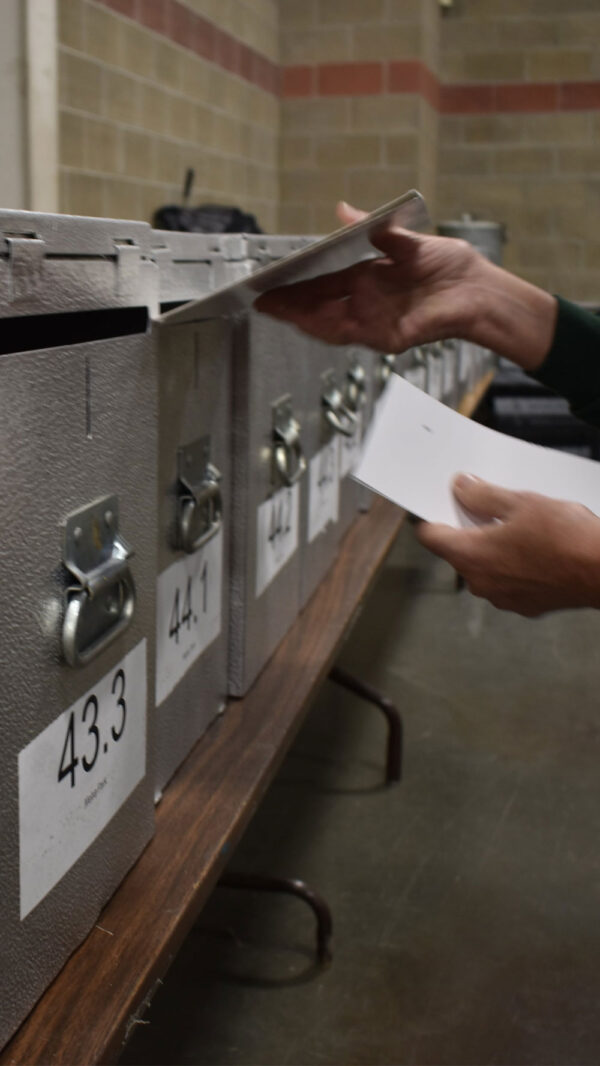
Montana
Jun 2025
Fighting Cuts to Voting Access
Montana Federation of Public Employees v. State of Montana
Representing Western Native Voice and four sovereign tribal nations in Montana, the Ířşě±¬ÁĎ, Ířşě±¬ÁĎ of Montana, and Native American Rights Fund (NARF) challenged the latest in a line of Montana laws that hinder Native American participation in the state’s electoral process — SB 490, which drastically limits access to Election Day voter registration (EDR) in Montana. These laws violate a number of provisions in the Montana Constitution: the right to vote, equal protection, and due process.
Explore case
Montana
Jun 2025

Fighting Cuts to Voting Access
Montana Federation of Public Employees v. State of Montana
Representing Western Native Voice and four sovereign tribal nations in Montana, the Ířşě±¬ÁĎ, Ířşě±¬ÁĎ of Montana, and Native American Rights Fund (NARF) challenged the latest in a line of Montana laws that hinder Native American participation in the state’s electoral process — SB 490, which drastically limits access to Election Day voter registration (EDR) in Montana. These laws violate a number of provisions in the Montana Constitution: the right to vote, equal protection, and due process.
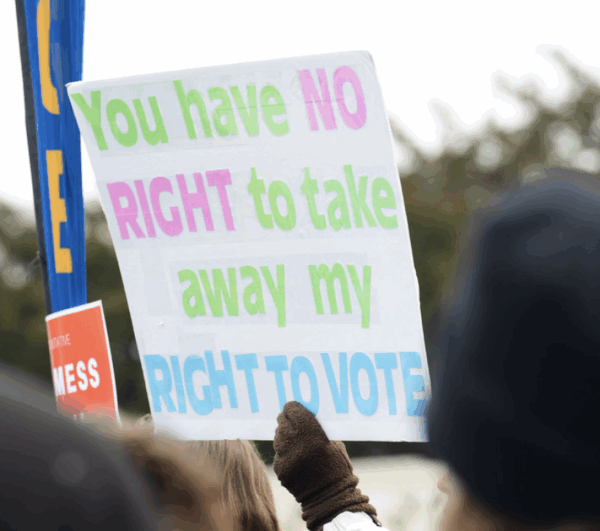
U.S. Supreme Court
Jun 2025
Fighting Cuts to Voting Access
O'Bannon v. King
Virginia permanently disenfranchises all people with felony convictions unless the governor restores their rights. This lawsuit—brought by the Ířşě±¬ÁĎ of Virginia and co-counsel partners—argues that the policy violates the Readmissions Act of 1870, which bars Virginia from denying the vote based on convictions that didn’t exist at common law in 1870. The state tried to dismiss the case by invoking sovereign immunity, but the courts rejected that argument. Now, the case moves forward with the potential to restore voting rights to thousands of Virginians.
Explore case
U.S. Supreme Court
Jun 2025

Fighting Cuts to Voting Access
O'Bannon v. King
Virginia permanently disenfranchises all people with felony convictions unless the governor restores their rights. This lawsuit—brought by the Ířşě±¬ÁĎ of Virginia and co-counsel partners—argues that the policy violates the Readmissions Act of 1870, which bars Virginia from denying the vote based on convictions that didn’t exist at common law in 1870. The state tried to dismiss the case by invoking sovereign immunity, but the courts rejected that argument. Now, the case moves forward with the potential to restore voting rights to thousands of Virginians.
